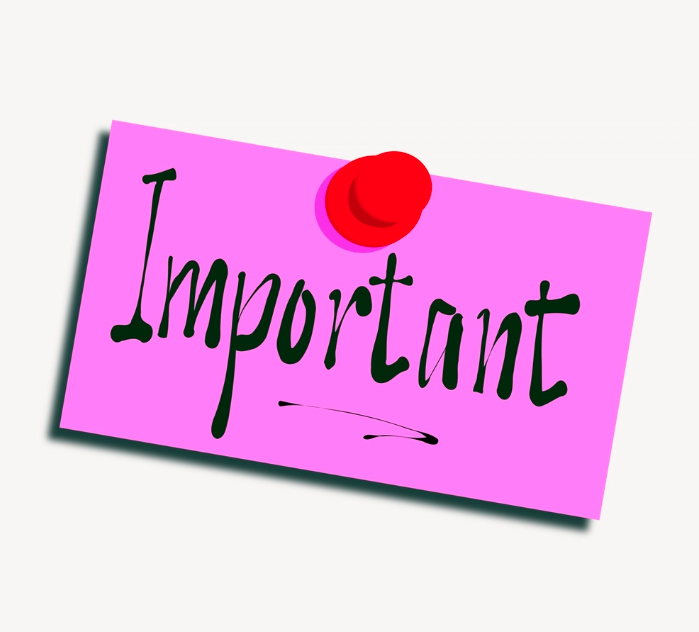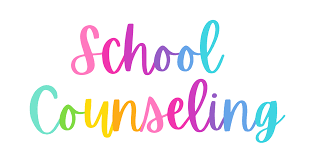Being perfect at school isn’t a hand anyone is dealt…. But just like any card game, you can gradually work to make your hand better. But wouldn’t it be nice to have a little cheat? A little reference sheet that shows what card to play at the exact time. A musical instrument can be compared to this type of tool! Playing an instrument is something some students should indulge in, but most don’t recognize as a necessity in their advancement in school. All students should play an instrument because it increases the capacity of the memory, improves mathematical ability, reading, and comprehension skills, and fosters self expression and relieves stress.
Playing an Instrument Increases the Capacity of your Memory
Students and scientists have found that both playing an instrument and listening to an instrument can stimulate our brains and increase our brain capacity. But one may wonder how this form of cognitive development works? In a nutshell, the ability the brain has to adapt quickly in changing circumstances and environments requires different technical and emotional aspects of the brain to be working simultaneously. One could call this process executive functioning. It sets up the brain for optimal use and performance in challenging and unpredictable situations a human may find themselves in. The end result of this is improved memory and focus, better decision-making and planning abilities, ability to successfully multitask, enhanced self control, and mental flexibility (essentially meaning to change gears unexpectedly without getting flustered). If students use musical instruments consistently, focus in school would no doubt sky-rocket!
Playing an Instrument; Improves your mathematical ability reading, and comprehension skills
A key aspect of playing any instrument is the ability to comprehend music theory. This means counting notes and rhythms, and being able to write and read music. This goes hand in hand with mathematics! The “Evaluation of the Achievement in Reading and Arithmetic of Pupils in Elementary School Instrumental Music Classes”, a study thesis written by Bernard Friedman, highlights some of the pragmatic uses of band and music classes in elementary school. Friedman explains“Instrumental music in the elementary schools has been justified because of its own acknowledged educational value.” Friedman goes on to explain how this form of cognitive conception and expression is necessary for growing minds to flourish. Joseph M Piro and Camilo Ortiz of Long Island University, have collected data during another study based on the role of music on youths’ cognition in question of music’s ability to enhance language and literacy. The two authors did an evaluation on two different schools, one which routinely has kids experimenting with music and another that does not, “…children who have received keyboard instruction as part of a music curriculum increasing in difficulty over successive years would demonstrate significantly better performance on measures of vocabulary and verbal sequencing than students who did not receive keyboard instruction.” Hence students who are experimenting musically are developing cornerstone components in the continuum of literacy development.
Playing instruments; Fosters your expression and relieves stress
Just like any other form of art, music is a wonderful form of expression. If students are having a bad day and are able to go to band after school, or go home and play all of their emotions out, surely would see better attitudes in school buildings! Scientists have found that playing an instrument or singing (yes, even your own voice is an instrument) has a direct impact on natural healing processes throughout the brain and body. The art of making music heavily involves emotional messaging, requiring one to really tap feelings. This form of emotional regulation is commonly used today by many therapists to relieve stress in their clients. It’s called music therapy! Music can also calm your stresses and anxieties, but how? “Music has a calming effect on our brains, which in turn reduces cortisol – a stress related hormone that impacts a wide variety of responses such as inflammation, blood sugar, and your body’s stress response. Lower cortisol levels counteract the effects of chronic stress promoting lower blood pressure, proper sleep regulation and, thus, a healthier daily cycle,” says the Merit School of Music in one of their recent articles. This overtime use of musical instruments can adjust your mindset towards difficult situations and boost self esteem.
HMMM
Some may say that adding another chore to students’ plates is simply too much because of the stress of just being a kid! In some cases, this may be true. Everyone is busy and has a different schedule. But looking forward to something like an instrument that one can play at his leisure can’t hurt too much. Learning an instrument is a long-term project. Throughout one’s musical journey there will be many ups and downs, frustrations, and opportunities to look back on how far you’ve come. By pursuing something you love and have passion for, it is nothing but a way to set yourself up for success.
To conclude, music is a gift we should all appreciate. So why not encourage yourself (or your student) to play an instrument. All students should play an instrument because it increases the capacity of the memory, improves one’s mathematical ability and improves reading and comprehension skills, and fosters self expression and relieves stress.
That sounds like a perfect cheat sheet for acing your school years!






















